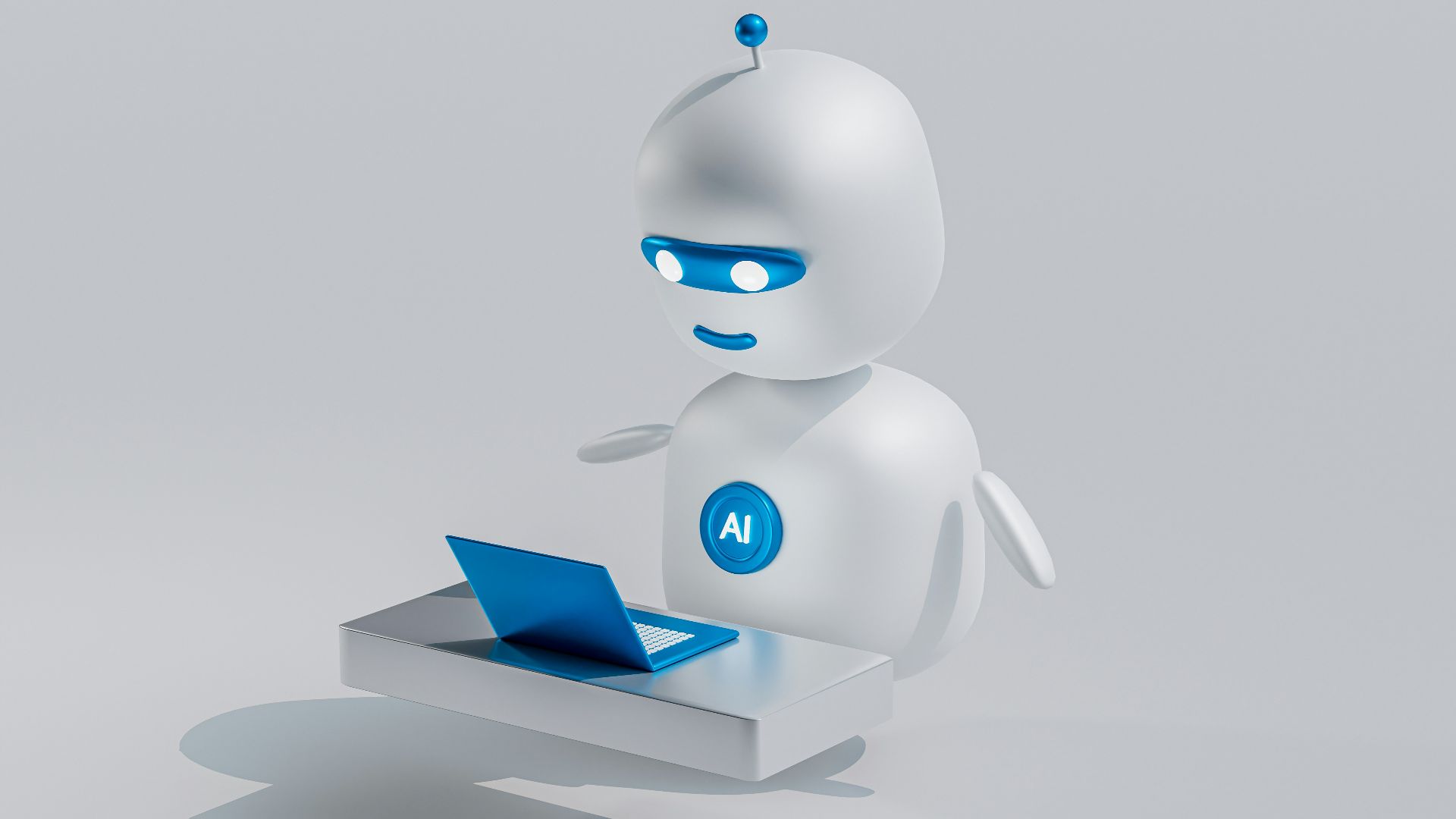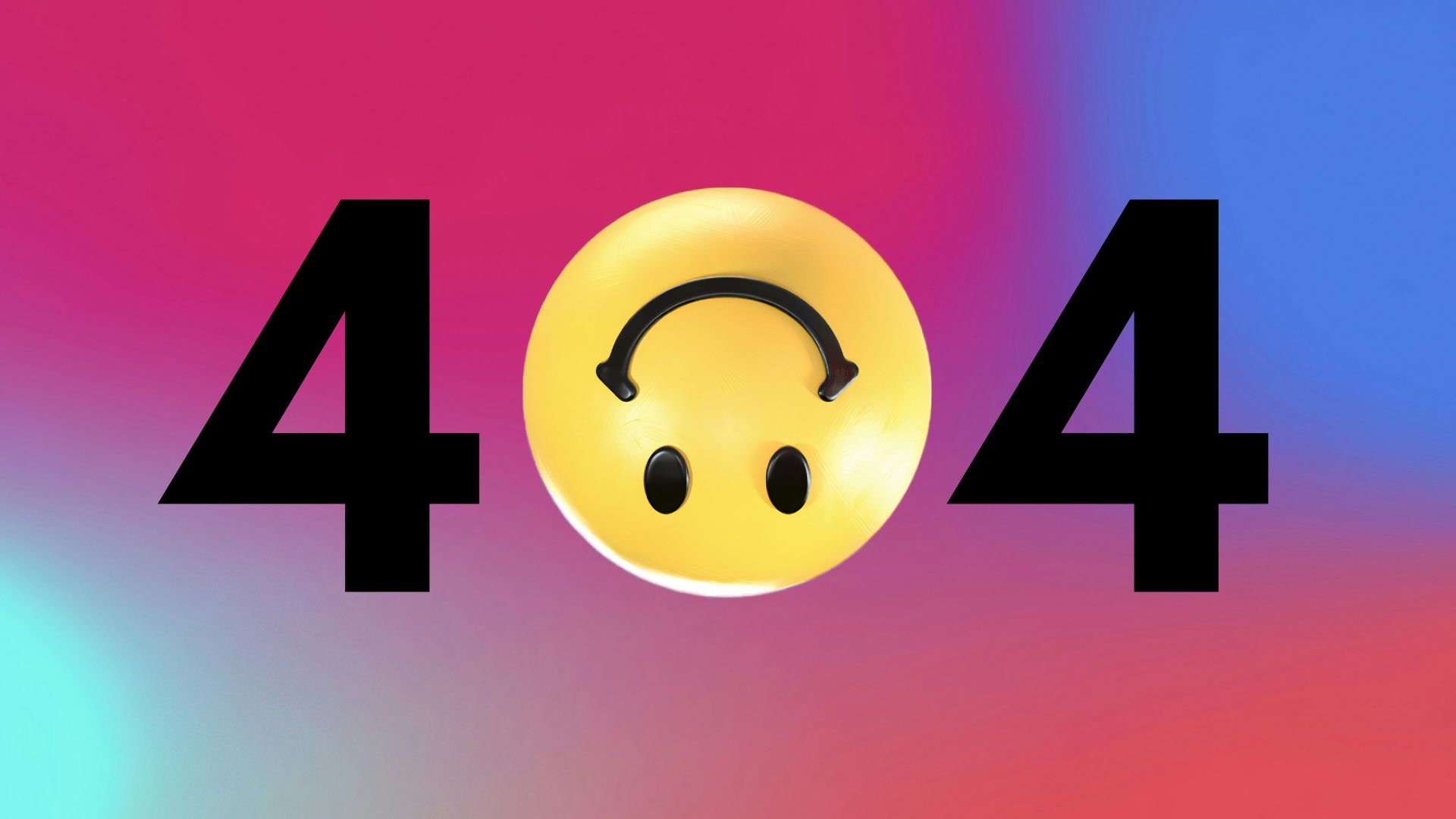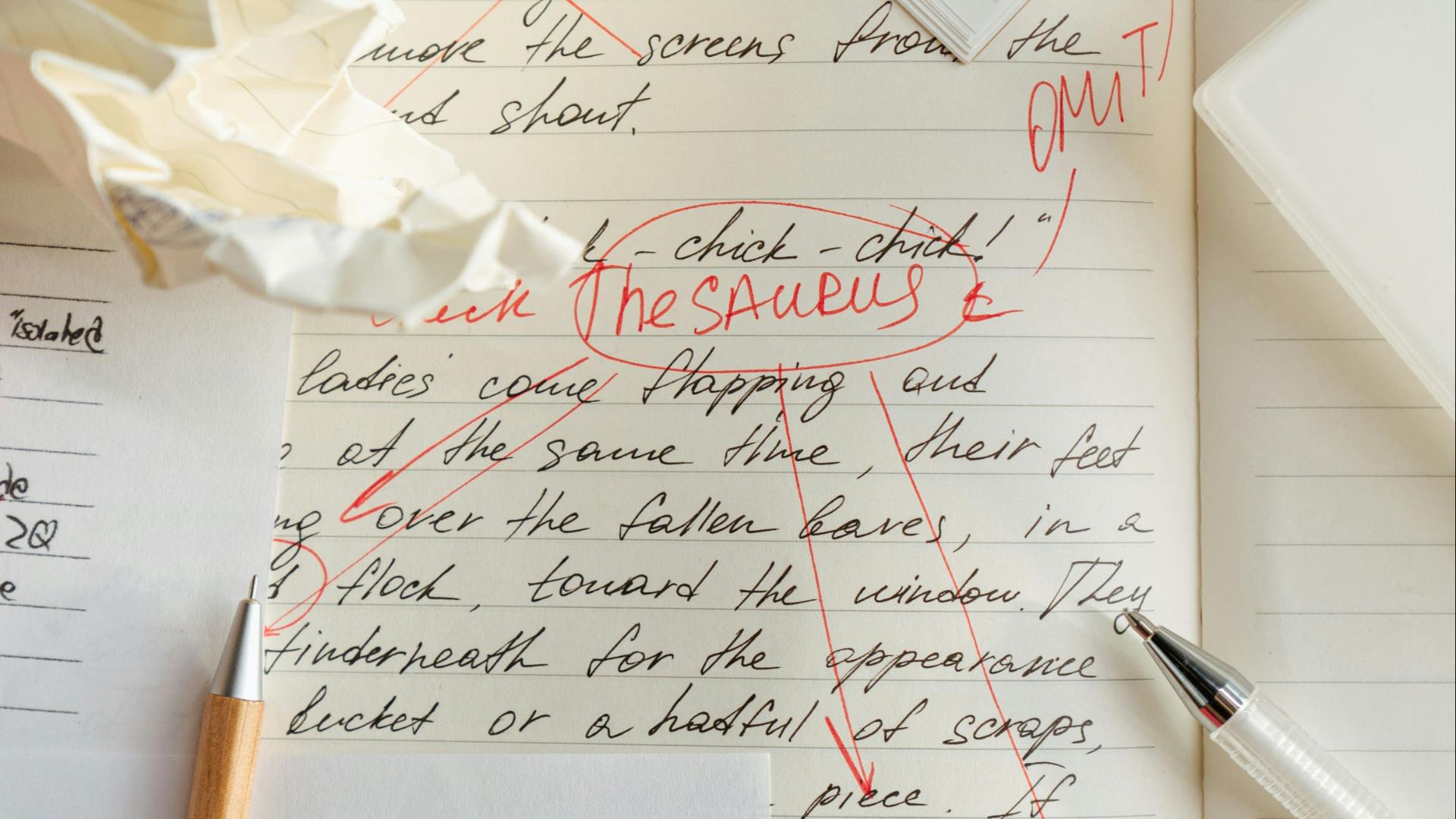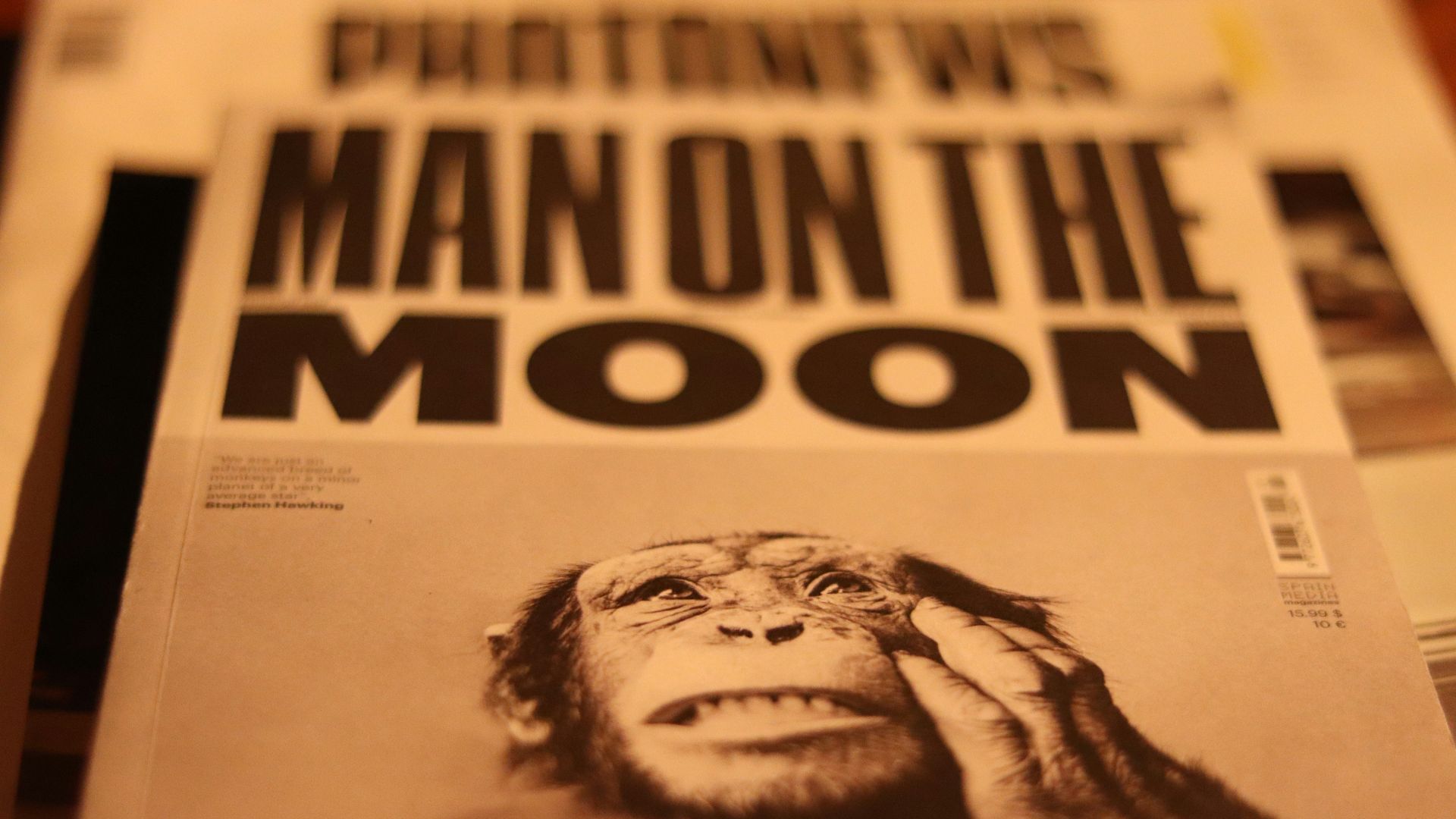Machine vs. Human: Who's the Better Writer?
With the pace artificial intelligence (AI) is progressing and learning, it's only a matter of time before it replaces human writers. And yet, there's something about AI-generated written content that still seems to fall short of the mark. As the future of AI looms ever closer, can it surpass these current limitations? And what are some ways you can use it as a tool rather than to punch out full-length copy?
1. Lacks Lived Experience
AI can pump out content quickly—it can generate a 10,000-word essay in minutes, and write a book in a day. But what you'll find when you start skimming through is that there's almost a disconnect between how the content is written and the tone behind it. Because AI lacks lived experience, it can only pull from its database what certain emotions might feel, but can't describe them with nuance like a human can.
2. Overuses Clichés
If you read enough AI-generated content, you'll start to notice something else: it tends to throw in clichés. That's not to say human writers don't do the same, but whereas we can often make conscious decisions on whether certain expressions fit or not, AI tools don't; it will just pump out words based on the prompts it's given.
3. Repetitive Phrasing
Not only does AI overuse clichés, but it also repeats phrases and concepts. If you scan through blocks of content punched out by AI, it isn't hard to pick out places where it echoes points already mentioned. For example, when it isn't sure how to interpret layers and nuances in emotions, it'll most likely just reiterate itself or give a superficial description of the feeling.
4. Monotone Style
This isn't to say that AI can't adapt to different styles. It can, as long as you specify it in your prompt, and that's why AI-generated content can seem eerie and uncanny. But with writing, it often defaults to a tone that lacks complexity. It fails at capturing subtle shifts and emotional layers involved in delivering a unique, memorable pitch.
5. Errors & Hallucinations
As it turns out, AI isn't perfect, either. At least, not yet. Ask it to expand on a topic, and it'll give you the correct response most of the time, but sometimes it'll throw out something completely made up. It won't even catch its error until you point it out and ask for a direct source.
6. Struggles to Generate Compelling Narrative Structures
AI can write an entire novel in a day or even mere hours, but its final product might not be one that would sell. After all, AI struggles with generating compelling narrative structures. It won't know exactly how to flesh out characters, develop an interesting plot, and come up with good resolutions. There may be odd shifts in the pacing and flow as well.
7. Fails to Understand Context
Because AI relies heavily on its training data and predicts what its next word should be given the patterns it has learned, there may sometimes be a mismatch between the context and its tone, words, or phrasing choice. As such, the content it generates may sound flat and inauthentic.
8. Superficial Analyses
AI can help you brainstorm and outline points for a paper, but it can rarely ever give you convincing, fleshed-out arguments. Most of the content it generates will end up skimming the surface without delving too deep, making for analyses that aren't as interesting to read compared to human takes.
9. No Direction or Intention
Human writers have a purpose in mind when they craft content. There are specific points they want to convey, allowing them to write with intention. AI, on the other hand, simply predicts their phrasing choice and direction based on the prompt you give it and the patterns of speech it has learned. That's often why AI-generated content lacks that extra oomph.
10. No Originality
AI can't come up with new metaphors or phrases; it can only learn from what it's been fed. Unlike human-written content, which can vary in structure, tone, and style, AI will spit out the same ideas and fall short at producing the same level of creativity.
But while AI can't yet completely replace human writers and their creativity, it can still be a powerful supplementary tool for crafting content. Curious? Here's how:
1. Brainstorming Tool
AI is a great brainstorming tool. Instead of using it to help you write, ask it for suggestions so you can try to bounce ideas off of it and see what eventually ends up sticking. Prompting it this way helps especially when you're stuck in a rut and need a place to start.
2. Proofreader
AI can also act as an extra pair of eyes. Even if you don't feel comfortable allowing it to do extensive edits on your work—for fear its voice might bleed into yours—you can still ask it to do light corrections and suggestions, like tightening up wordy sentences and fixing grammatical errors.
3. Summarizing Research
Sometimes, it's the research that puts you in a stranglehold. But AI can help take the load off your shoulders by quickly punching out facts and sources, along with a summary of important events. While the information it spits out might not always be accurate (which is why you always need to double-check), it's still a good jumping-off point.
 Glenn Carstens-Peters on Unsplash
Glenn Carstens-Peters on Unsplash
4. Optimizing Content for SEO
Have an article you need to be optimized for the web? Ask AI to suggest ways to incorporate SEO keywords and phrases without sacrificing your content's natural flow and prose. It may also how to better tailor your piece so it ranks higher in search engines.
5. Outlining Content
If you're writing long-form content or a novel, AI can help with outlining the stories you want to tell. This may help you see the bigger picture on how to logically format your points so that they flow more naturally. Once you've completed the outline, you can dive into the fun part—writing it!
6. Can Suggest Specific Synonyms
Thesauruses are invaluable tools for writers, but sometimes you need more than just an alternate term—you need a word that fits the specific sentence or context you're writing. That's where AI can step in as an advanced thesaurus, as you can ask for suggestions that fit exactly what you're looking for.
7. Can Suggest Different Ways to Rephrase
Sometimes, you might hit a roadblock and can't rack your brain for better ways to phrase something. While you might not want to ask AI to write content for you, you can ask it to fine-tune your sentences and suggest alternate tones, styles, and structures.
8. Come Up with Snappy Headlines
If you need a snappy, eye-catching headline that will make people click on your article, AI can offer great suggestions as well. It can even adjust to better fit the overall tone of your piece. From there, you can tweak it to tailor it further.
9. Speed Up First Drafts
First drafts can be challenging to write, especially if you don't know where and how to start. While you shouldn't ask AI to write theoretical or sample briefs for you, you can, again, use it as a brainstorming tool to get you out of your rut.
 Photo By: Kaboompics.com on Pexels
Photo By: Kaboompics.com on Pexels
10. Breaking Through Writer's Block
Stuck in a creative block? We've all been there. But even when you can't get the juices flowing just yet, you can chat with AI to give you a slight nudge in the right direction. Who knows? Maybe by doing so, you'll have an eureka moment and feel inspired anew.


























